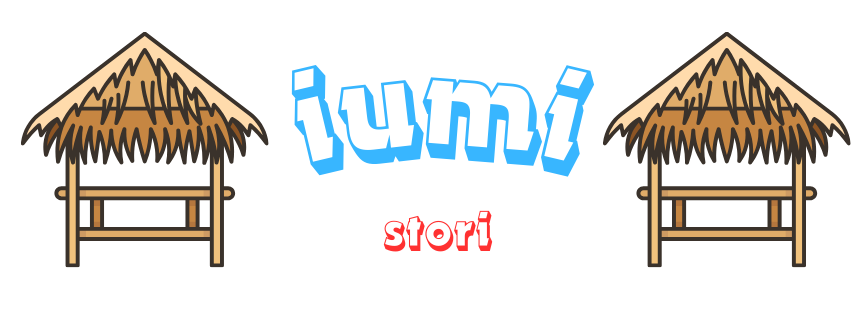In the remote Choiseul province of the Solomon Islands, families like Peter’s are seeing tangible benefits from the Climate Change, Adaptation Resilience, and Empowerment (C-CARE) project, an initiative spearheaded by Save the Children Solomon Islands (SCSI). Through this project, local families are gaining invaluable skills in soil and crop management, making it easier to grow food close to their homes and improve their livelihoods.

Peter, a participant in the program, shares, “I find the trainings very helpful. We don’t have to walk far to plant food. I sell cabbage and other vegetables from my backyard garden at the local market.” These trainings are not just about farming; they are about building resilience in the face of climate change, which is a critical concern in many parts of the Pacific.

The C-CARE project aims to reduce the vulnerability of communities to climate change impacts, improve food security for better nutrition, and increase access to climate-adaptive livelihoods. By focusing on sustainable farming practices, the project empowers people to grow their own food more effectively, reduce reliance on distant markets, and increase their income potential.
This initiative is supported by the New Zealand Government through the Ministry of Foreign Affairs and Trade (MFAT) under its Climate Finance for Community Resilience funding. With its focus on practical solutions to climate-related challenges, the C-CARE project is making a significant difference in the lives of people in Malaita and Choiseul, offering them hope and stability in the face of climate uncertainty.
End///
-SCSI



